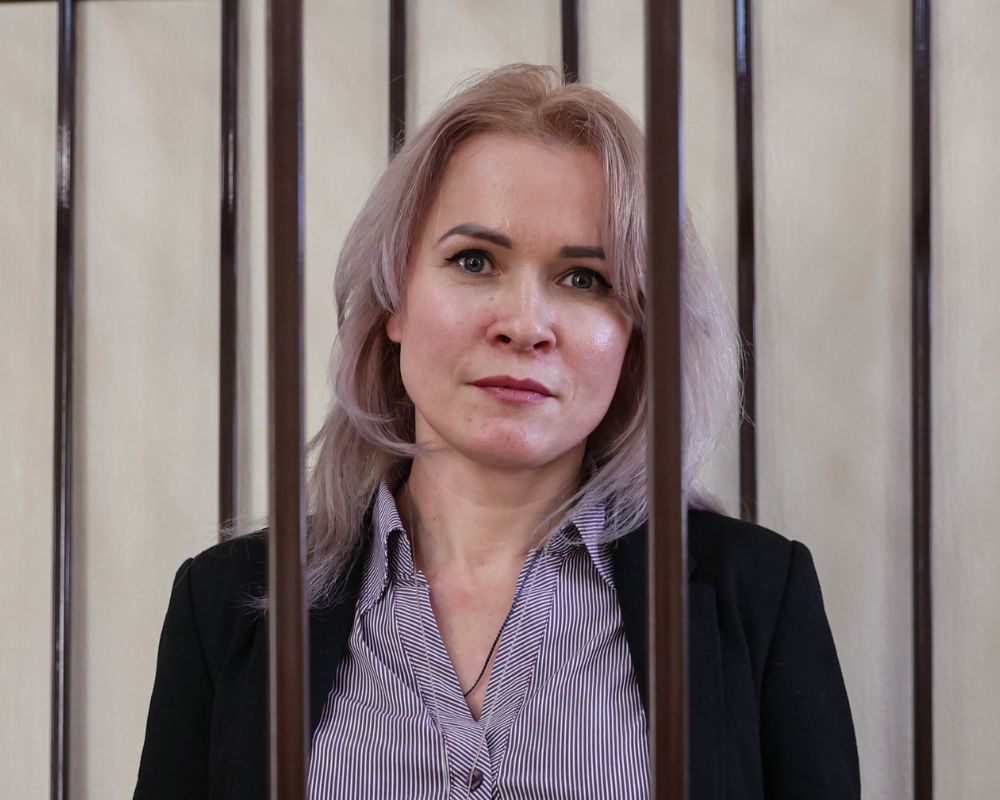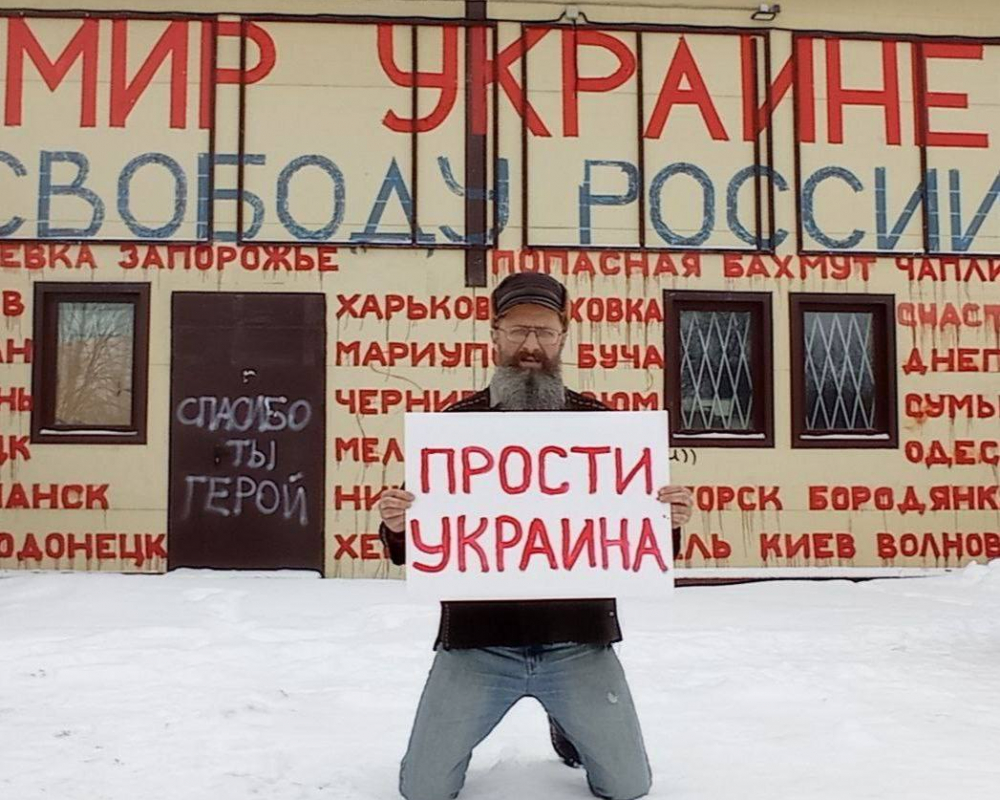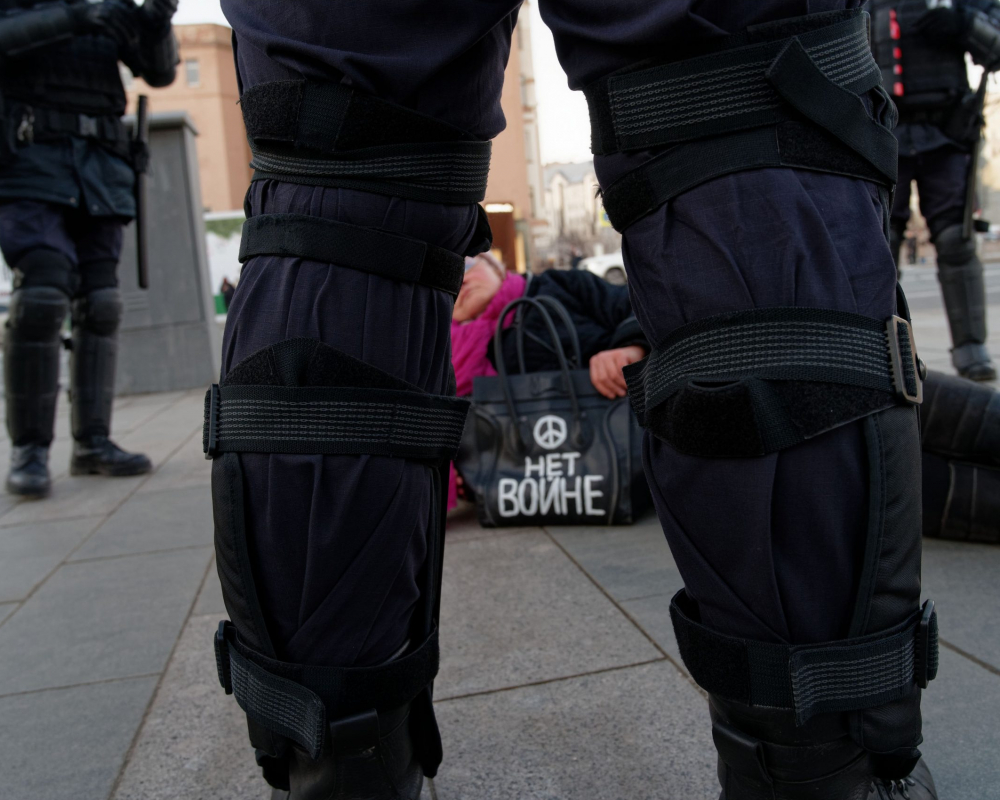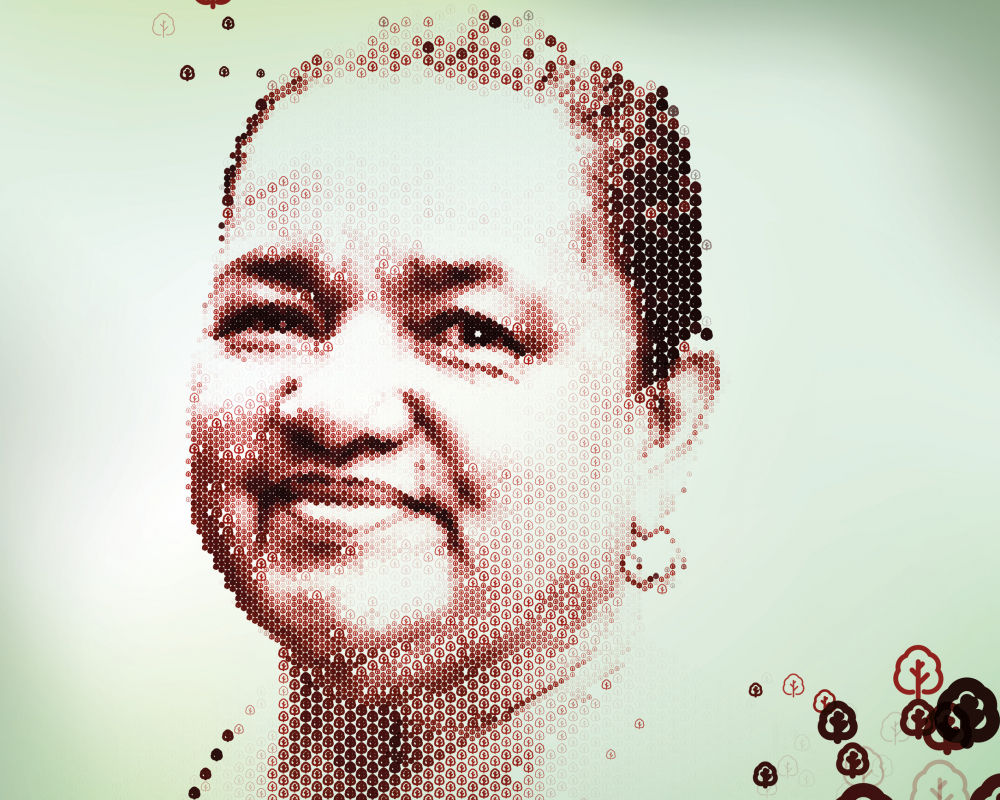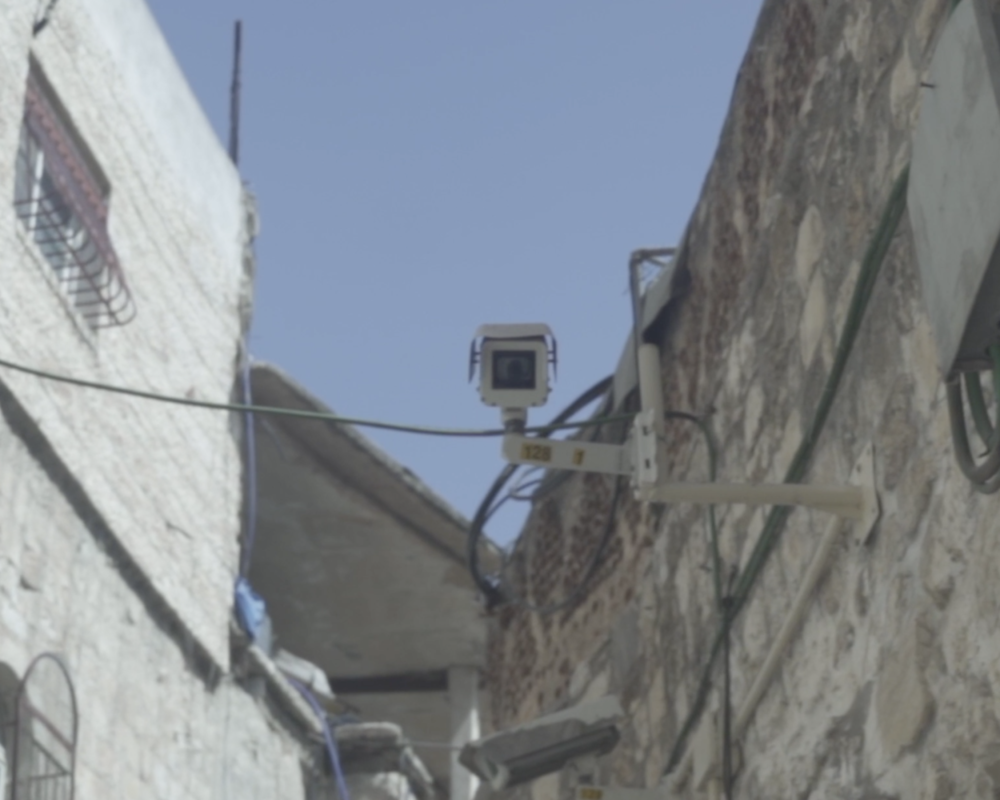Keren-Happuch Aondodoo Akpagher var 14 ára stúlka og nemandi í Premier Academy í Abuja í Nígeríu. Grunur er um að henni hafi verið nauðgað í skólanum en hún dó nokkrum dögum síðar, 22. júní 2021. Krufning bendir til þess að hún hafi látist að völdum sýkingar sem hún fékk í kjölfar nauðgunar.
Konur og stúlkur í Nígeríu eiga oft á hættu að verða fyrir ofbeldi. Áætlað er að um tvær milljónir kvenna og stúlkna verði fyrir kynferðisofbeldi í landinu á ári hverju. Aðeins brot af þessum málum er tilkynnt til yfirvalda eða gerendur jafnvel ekki ákærðir. Í alltof fáum tilvikum fellur dómur. Í mörgum ríkjum Nígeríu er gífurlega erfitt að tilkynna kynferðisofbeldi til lögreglu. Aðgangur að heilbrigðisþjónustu, lögfræðiaðstoð eða sálrænum stuðning er einnig mjög ábótavant þegar um ræðir þolendur kynbundins ofbeldis. Það er brýnt að gera úrbætur í þessum málaflokki í landinu.
Með því að tryggja réttlæti í kynferðisbrotamálum er von um að kynbundið ofbeldi verði ekki lengur samþykkt.
Skrifaðu undir til að krefjast þess að yfirvöld í Nígeríu tryggi réttlæti í máli Keren og að þeir einstaklingar sem eiga þátt í dauða hennar verði dregnir til ábyrgðar.
